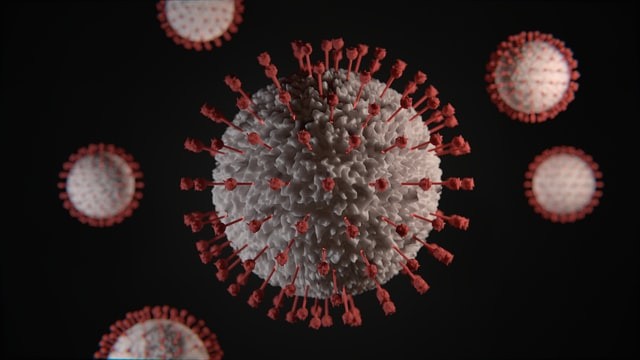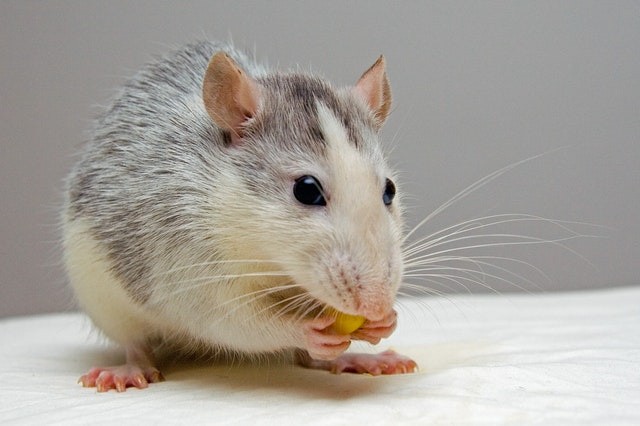The coronavirus pandemic has taken on a new form because of the omicron variant. Events have been postponed. Cases are increasing.
The world has barely made it into the new year. However, the origin of the omicron variant has left scientists wondering. The omicron variant may have originated from mice, according to recent research in China.

Omicron Variant Linked to Mice
To understand why the COVID-19 omicron variant is so distinct from other COVID-19 variants, researchers conducted a study published in the Journal of Genetics and Genomics and may be found on the pre-pint site bioRxiv.
Scientists from the Chinese Academy of Sciences in Beijing discovered that the omicron variant closely mirrored the mutations linked with viral development in mouse cells, according to IFL Science.
Also,the study shows the alterations demonstrate that the virus has adapted to invading mouse cells, according to the latest information from IFL Science.
Scientists found that the progenitor of Omicron jumped to mice from humans, quickly gained mutations favorable to infection, then jumped back into humans, the authors of the research said. This suggests an inter-species evolutionary trajectory for the Omicron epidemic.
Discovery of the Omicron Variant
According to Deseret, the omicron variant was found by scientists in South Africa over the Thanksgiving weekend, alerting the public to the new variant's existence. Despite this, it's not known where the variant originated.
An immunocompromised patient infected with COVID-19 may have been the source of the omicron variety, according to some South African experts.
Linda-Gayle Bekker, a professor at the Desmond Tutu HIV Foundation in Cape Town, South Africa, tells BBC News that the immune system would normally clear a virus out rather fast, if completely functioning, she says.
Viruses persist in people with reduced immunity. It also doesn't simply sit there; it takes on a life of its own. In addition, it may suffer alterations as it grows and divides. And this virus may be able to persist for months in someone with weakened immunity, evolving over time, she noted.
As scent continues to track Omicron's progress, the CDC has been working with public health and industrial partners throughout the world. For example, scientists don't know whether the virus is readily transmitted or how severe the disease it produces is.

How Omicron Variant Spread
The Omicron variant of the SARS-CoV-2 virus is anticipated to spread more quickly than the original virus, although how quickly Omicron spreads compared to Delta is uncertain. The Centers for Disease Control and Prevention (CDC) believes that anybody who is infected with Omicron may transmit the virus, even if they are vaccinated or show no symptoms.
Re-infections and breakthrough infections in patients who have been completely immunized need more research to determine if infection with Omicron causes more severe disease or mortality than infection with other types.
The Omicron variant is likely to cause serious sickness, hospitalization, and even death if an individual is not immunized against it.
However, among persons who have been completely vaccinated, there is a chance of a relapse. It is still possible to avoid hospitalizations and deaths from serious sickness and death using alternative vaccine versions, such as Delta.
This is one more reason to make sure you and your child is vaccinated and gets boosters now that Omicron has emerged.
Related Article : Death Toll in Europe Projected to Rise Because of Omicron, Health Agencies Warn Us
For more news, updates about coronavirus and similar topics don't forget to follow Nature World News!
© 2025 NatureWorldNews.com All rights reserved. Do not reproduce without permission.





